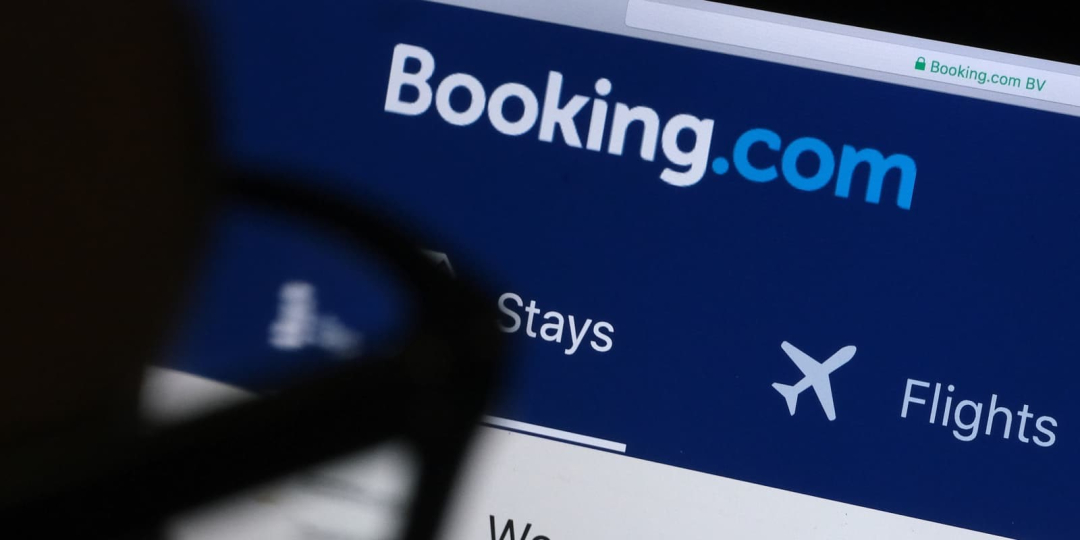On November 13, Booking.com published the changes it made to its business practices to comply with the EU’s Digital Market Act (DMA), which aims to promote fairness and competitiveness in the digital market. This includes the removal of parity requirements that previously prevented hotels from offering better rates on their own platforms.
Compliance with the DMA has had severe impacts on other gatekeepers, particularly Google, one of the DMA’s first designated gatekeepers.
According to hospitalitynet.org, when Google made changes to its online booking platform, direct hotel bookings from Google search results dropped by 30%.
Booking.com’s modifications for compliance
Booking.com published a report naming multiple changes it is making to ensure it complies with the DMA. They include:
- Eliminating parity requirements: this allows hotels to offer lower rates on their direct booking platforms compared with their Booking.com listings.
- Enhanced data sharing: this enables business users on the Booking.com platform to access data about its bookings generated through the platform.
- Allowing direct communication between hotels and guests: this allows hotels to communicate directly with their guests who have booked through Booking.com, instead of communicating exclusively via the platform.
- Offering alternative booking avenues: in line with the DMA, Booking.com cannot self-preference its offerings and may have to offer alternative booking avenues on its platform, such as links to hotel websites.
As Booking.com awaits approval and feedback for its compliance measures, industry experts anticipate a detrimental impact on the popularity of the platform, says hospitalitynet.org.














